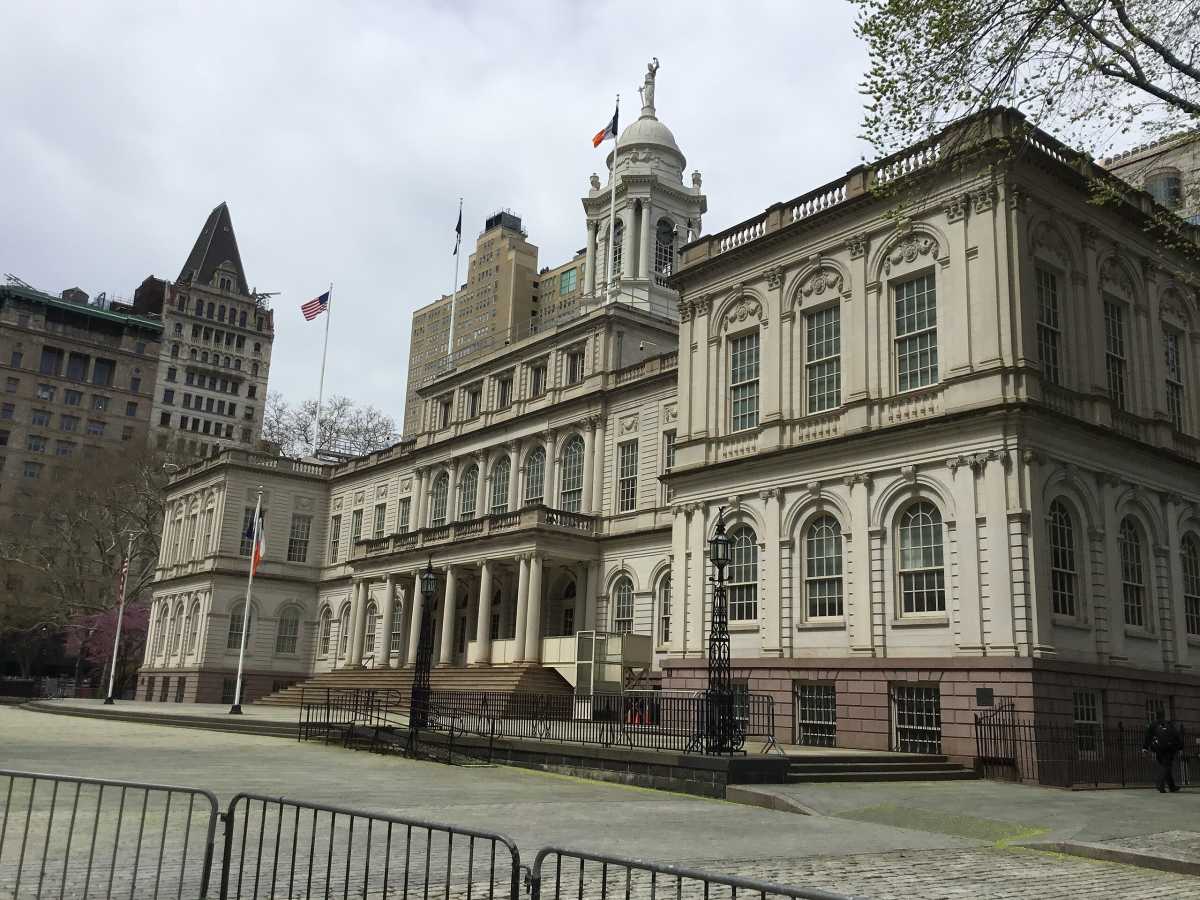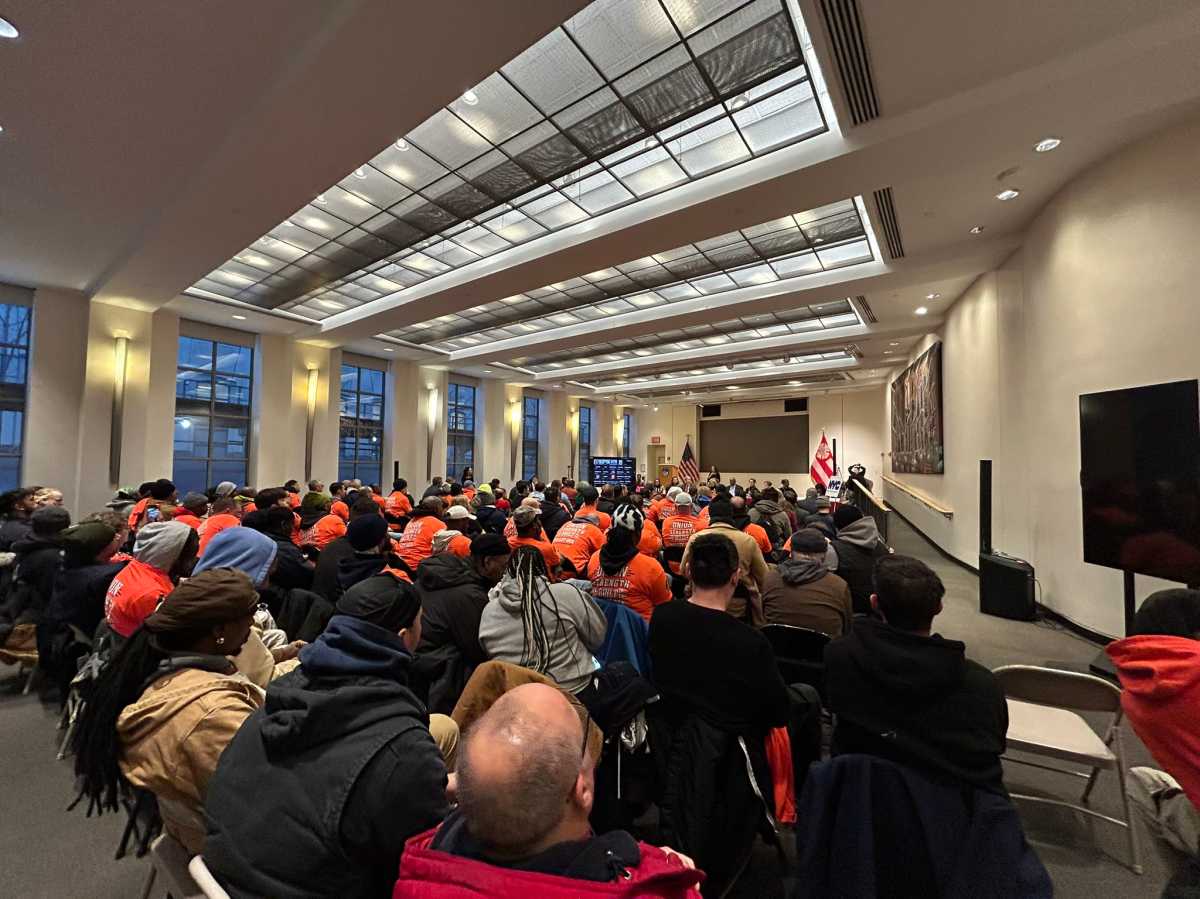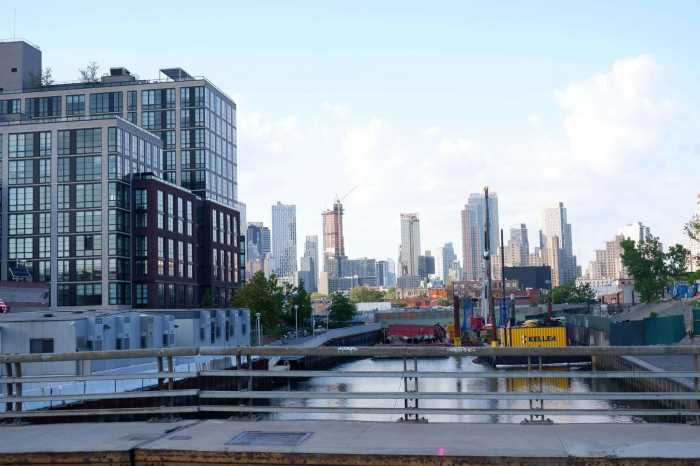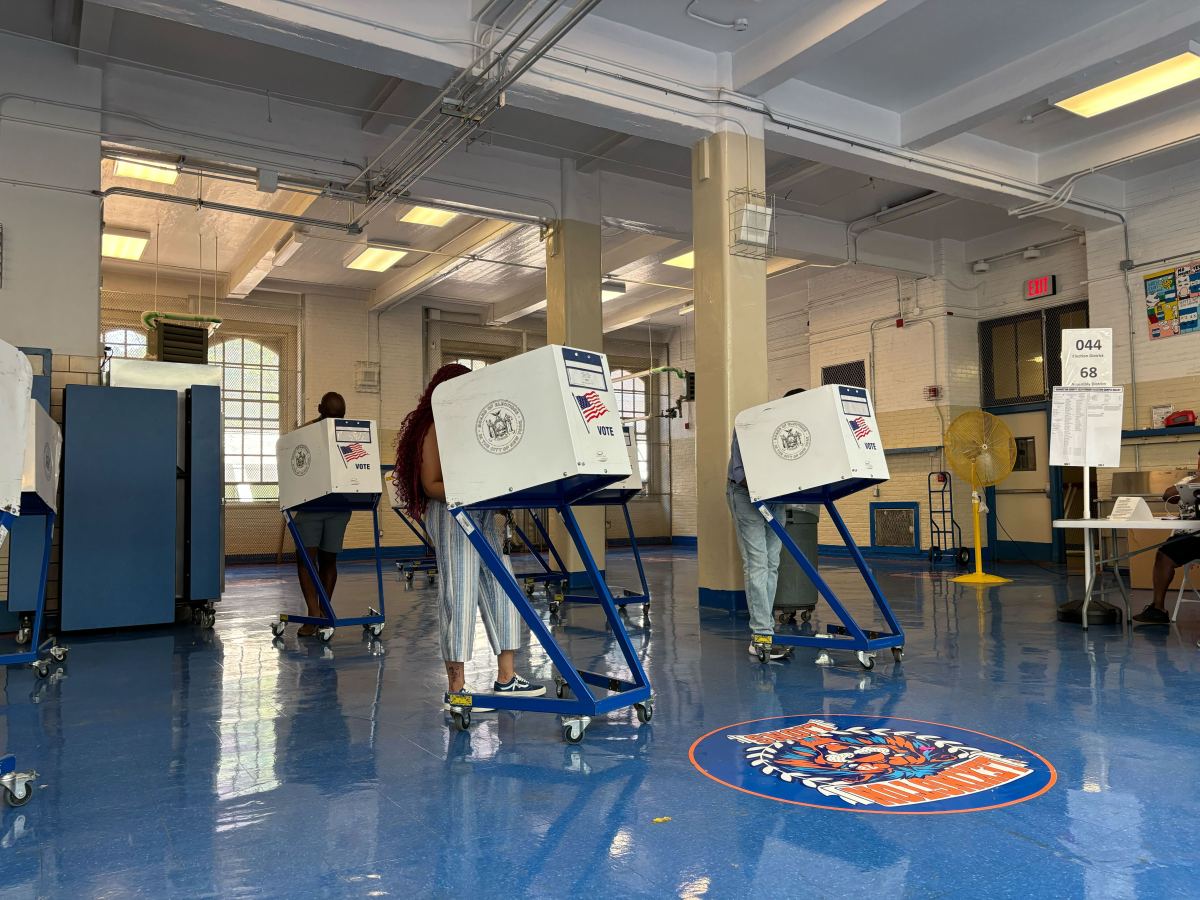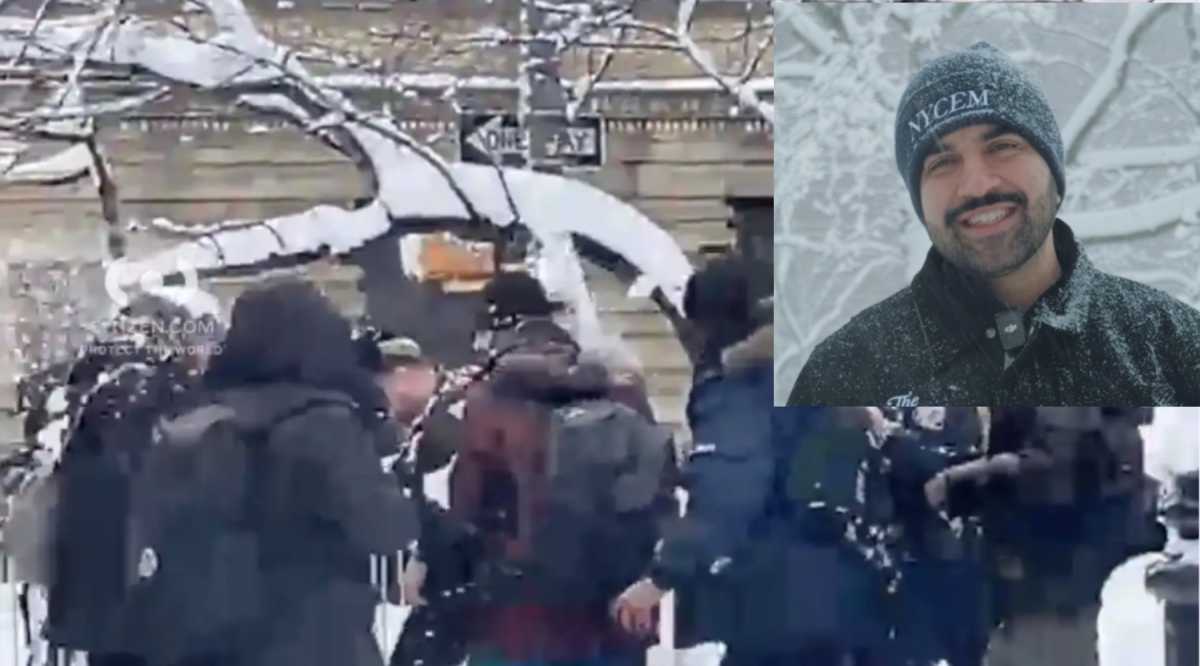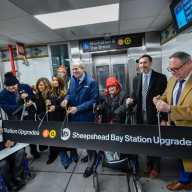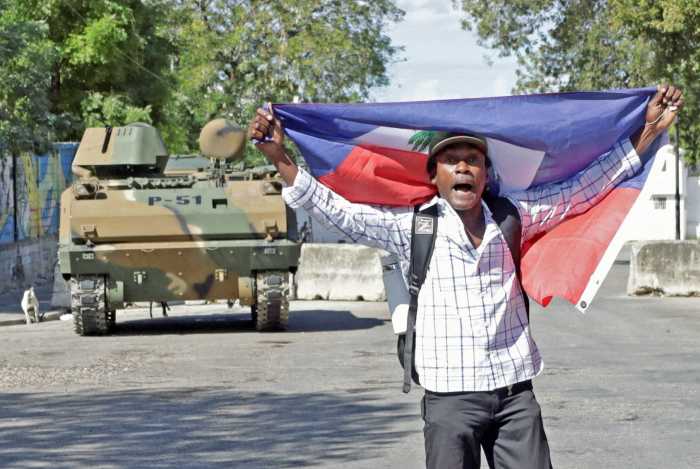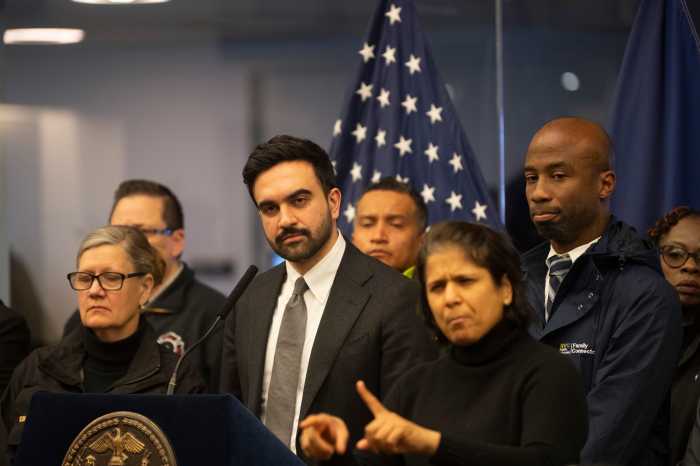If you believe the New York City government can — and should — work better for all of us, I urge you to join us this Tuesday, May 6th, from 5-7 p.m. at Restoration Plaza in Bed-Stuy. That’s when the City Council’s Charter Revision Commission (CRC), aka The Commission To Strengthen Local Democracy, of which I’m proud to be a member, is holding a public hearing. It’s your opportunity to speak directly to those of us reviewing and recommending changes to the City Charter —t he document that functions as NYC’s constitution.
When Brooklyn Borough President Antonio Reynoso appointed me to the Commission earlier this year, I was honored — but I also quickly realized how unfamiliar the CRC is to many New Yorkers. The most common reaction I’ve gotten is: “Congrats! So… what exactly does a Charter Revision Commission do?” It’s a fair question, so I’ll try my best to answer.
A CRC reviews the city’s foundational governing document and proposes updates that ultimately appear as ballot questions for voters to decide. The results of which have shaped the very structure of our city. In 1898, a Charter revision (more creation via revision of the state constitution ) led to the consolidation of the five boroughs — a move approved by Brooklyn voters by a mere 267 votes. Some, including myself at times, have jokingly referred to this as the “mistake of ’98,” but the point is this: Charter changes have lasting, wide-reaching impact.
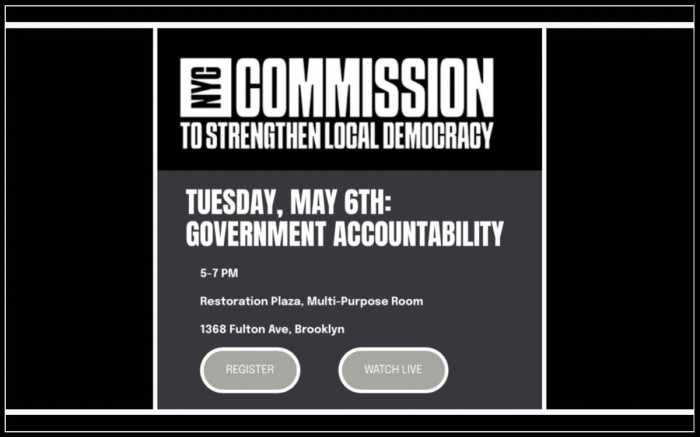
A CRC in 1975 led to the creation of Community Boards and the Uniform Land Use Review Procedure (ULURP). In 2018, it led to Community Board term limits. In 2024, voters saw five CRC-generated ballot proposals — most of which expanded mayoral power — four of which passed. Yet most people hardly remember voting on them.
That disconnect — the quiet but powerful ways these changes shape our lives — is exactly why we need more public engagement and clearer priorities moving forward. For me, that means focusing on reforms that make our city more transparent, more inclusive, and more accountable.
I could go on forever on such matters, so I’ll keep it two things I’d want done. First, we need a comprehensive planning process to replace the current piecemeal, project-by-project approach that incorporates macro-scale needs instead of isolated interests. Second, to help achieve this goal, we should adopt Borough President Reynoso’s proposal for an independent Community Board Office that gives CBs the support and staffing to better serve the neighborhoods and city we share today, tomorrow, and beyond.
Whether you agree or disagree with such suggestions, I hope you attend, participate, and share your thoughts by attending Tuesday’s hearing or any other upcoming CRC hearings. The charter has shaped NYC for over a century; let’s work together to make our city more democratic and remember that, as Al Smith said, “All the ills of democracy can be cured by more democracy.”
Mike Racioppo is currently a Commissioner on the Commission to Strengthen Local Democracy as well as the District Manager of Brooklyn Community Board 6 and a former adjunct professor at Brooklyn College.


